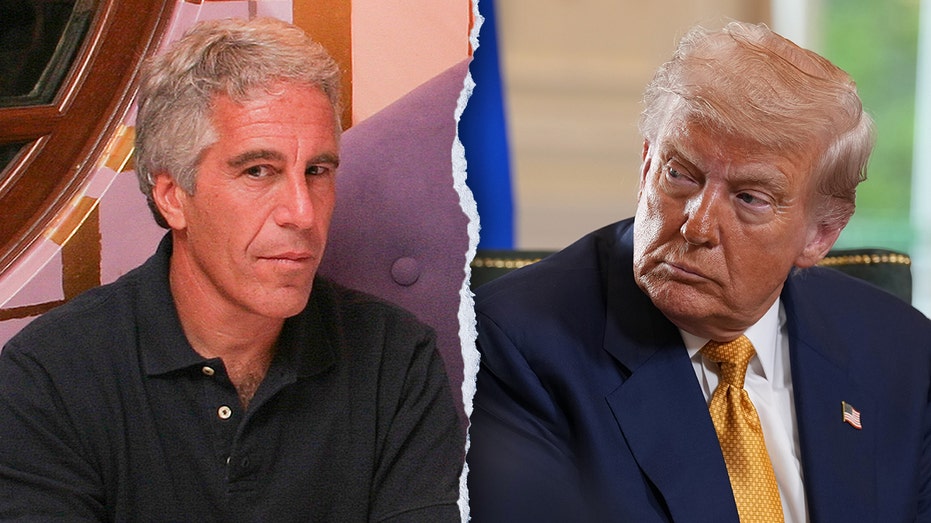A political tremor is running through Capitol Hill as a bipartisan push to unlock the full Jeffrey Epstein case files gains momentum. The legislation, forcing the Department of Justice to release all records, unexpectedly received a crucial endorsement from former President Donald Trump, shifting the landscape for House Republicans.
While many GOP lawmakers express cautious support, a current of unease persists. Concerns center on the potential exposure of innocent individuals whose names may appear within the documents, and the re-traumatization of victims forced to relive horrific experiences. The question isn’t simply about transparency, but about protecting those who may be inadvertently caught in the fallout.
The bill is advancing through a rare procedural maneuver – a discharge petition – bypassing typical leadership control. This mechanism, spearheaded by Representatives Ro Khanna and Thomas Massie, demonstrates a powerful desire among lawmakers to confront the lingering questions surrounding the Epstein case, even against the initial reservations of some within their own parties.
Florida Representative Byron Donalds, a staunch Trump ally, acknowledges the unprecedented nature of releasing criminal files. He highlights the delicate balance between public access and safeguarding the privacy of victims, questioning the potential for further harm even with redactions. Yet, he concedes the need to move beyond the constant distraction the case creates.
Speaker Mike Johnson, initially hesitant, now hopes the Senate will address the bill’s shortcomings. He seeks stronger protections for victims and whistleblowers, recognizing the potential for unintended consequences. The focus is shifting towards refining the legislation, ensuring transparency doesn’t come at the cost of individual well-being.
The debate isn’t solely about what the files contain, but about the process of their release. Some Republicans, like Representative Andy Ogles, worry about potentially interfering with ongoing DOJ investigations. Others, like Representative August Pfluger, emphasize the need for transparency while acknowledging the bill isn’t perfect.
Trump’s late-night endorsement on Truth Social appears to have swayed some wavering Republicans. Representative Troy Nehls, previously opposed, now anticipates unanimous support, attributing the shift directly to the former president’s decision. The impact of Trump’s statement is undeniable, easing anxieties and solidifying support.
However, not all Republicans believe Trump’s support was pivotal. Some maintain that the desire for closure on this dark chapter was already widespread. The public, they argue, demands accountability and a full accounting of the atrocities committed by Epstein and his associates.
The bill’s future now rests with the Senate, where potential amendments loom. Representative Thomas Massie warns against any attempts to weaken the disclosure requirements, threatening a backlash from supporters. The stakes are high, and the path forward remains uncertain.
As the House prepares to vote, a sense of inevitability hangs in the air. The Epstein case, shrouded in secrecy for too long, is poised to be thrust into the spotlight, forcing a reckoning with a disturbing past and potentially revealing uncomfortable truths.






